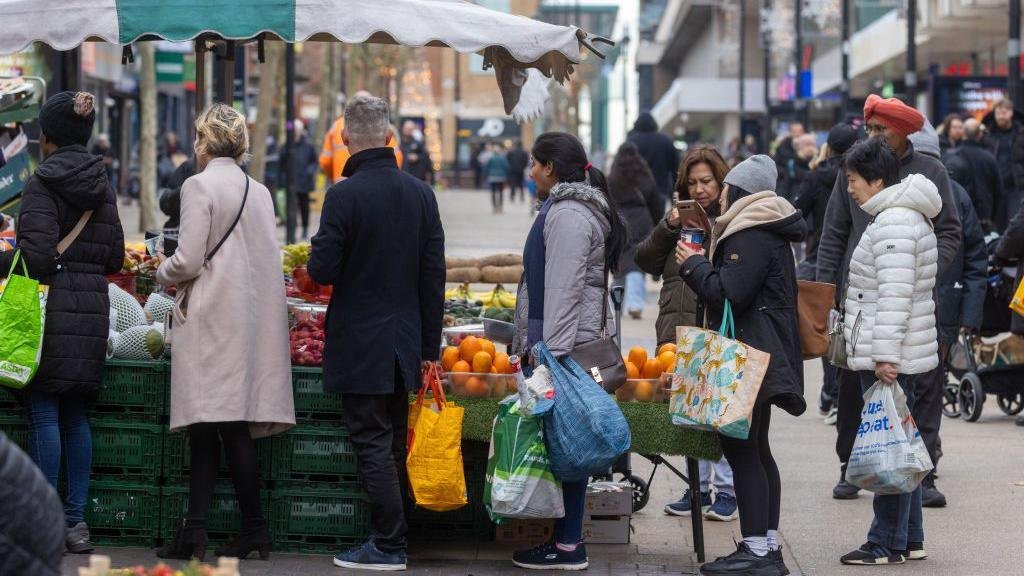The UK inflation rate stayed unchanged at 3.8% in September, marking a stable month for prices across the economy. The figure, lower than expected, signals gradual progress in the fight against rising costs.
According to official data, the stability was mainly due to easing food prices and slower increases in household costs. Economists had forecast a small rise, but inflation held steady instead.
Notably, the rate remains above the Bank of England’s 2% target, showing that price pressures persist. However, this consistency offers some reassurance to households and businesses after months of volatility.
The Office for National Statistics reported that prices for groceries rose at their slowest pace in more than a year. Food and non-alcoholic drink inflation dropped from 5.1% in August to 4.5% in September.
Grant Fitzner, chief economist at the ONS, said food prices declined “for the first time since May last year.” This decrease helped offset higher costs in other areas.
However, the UK inflation rate still faced upward pressure from petrol and airfare prices. Fitzner explained that petrol prices rose more slowly than last year, reducing their drag on inflation figures.
He also noted that lower costs for recreation, including live events, helped balance out the higher transport costs. This mix of influences kept overall inflation stable through September.
The report showed that inflation held at 3.8% for three consecutive months, matching July and August levels. These months represented the highest rates since January 2024, when inflation briefly reached 4%.
Although inflation remains moderate compared to the peak of 11.1% in October 2022, it is still far from ideal. That 2022 figure marked the highest rate in over four decades, driven by soaring energy and food prices.
Since then, the economy has shown gradual improvement. Energy prices have stabilized, and food supply chains have recovered. Nevertheless, the UK inflation rate continues to weigh on household budgets.
The Bank of England is expected to maintain a cautious stance on interest rates. Policymakers will likely look for further signs of inflation cooling before considering cuts.
In the meantime, consumers may feel a slight sense of relief as grocery prices level off. Yet, many families still face financial pressure from higher rents, mortgages, and energy bills.
Overall, the steady UK inflation rate reflects a period of economic adjustment. While far from ideal, it indicates that the sharp cost surges of recent years are easing. Continued progress will depend on global fuel trends and domestic wage growth.
For more UK news updates, follow London Pulse News.


